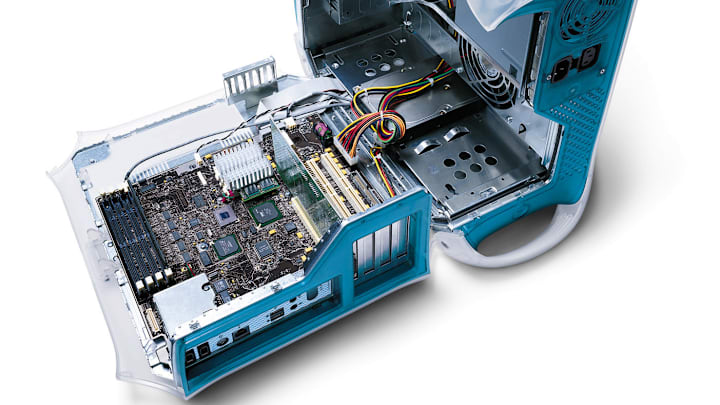Building a computer can be a lot of fun, and it’s a great way to create something unique that perfectly suits your needs. One of the most crucial decisions you will need to make is choosing the right computer case, which will affect how it looks, its cooling efficiency, and the overall functionality of your build.
Determine Your Needs
When choosing a computer case, it can be helpful first to determine what you will use the computer for. A gaming computer will likely need a better cooling system than a general-purpose computer. Many people also like their computer towers to have light displays, and if that sounds like you, you will want to ensure the tower you select will provide that capability.
Make a list of all the components you plan to use, including the motherboard, GPU, CPU cooler, and storage drives, so you can ensure they will all fit when you are looking at different cases.
Consider Case Sizes
Full Tower
Full towers have plenty of space and are a great choice for gaming computers or other builds that require a lot of processing power and plenty of cooling. It’s also what you need if you have a large motherboard.
Mid Tower
The mid-tower is the most popular size tower for home builds. They are large enough for most gaming and general builds and can support an ATX motherboard.
Mini Tower
A mini tower is great for compact builds using micro-ATX or mini-ITX motherboards. They can make fantastic general-purpose computers and are also a good choice for a first build to gain experience without spending a lot on expensive components.
Small Form Factor
Small form factor towers are extremely compact and a good choice for someone with limited space. Due to the small size, installing all of the components can be challenging, making these cases better suited to someone with at least one build under their belt.
Cooling Options
Ensure the case has sufficient airflow with multiple fan mounts and dust filters. Look for cases with front, top, and rear fan placements.
If you plan to use liquid cooling, check for radiator support. Common radiator sizes are 120mm, 240mm, and 360mm.
Consider cases with mesh panels for better airflow and those with sound-dampening features if noise is a concern.
Other Tips for Choosing a Computer Case
- Look for high-quality materials like steel and tempered glass, avoiding flimsy plastic cases.
- Look for good cable management features like rubber grommets and ample space behind the motherboard tray.
- Ensure there are enough drive bays for your storage needs.
- Check the front panel for USB ports, audio jacks, and potentially USB-C.
- Verify the number of PCIe slots for future upgrades.
- Look for cases that use thumb screws for the side panels and other key components, making assembly and maintenance easier.
Recommended Cases for Different Needs
Best for High-End Builds: NZXT H710i
Best for Mid-Range Builds: Fractal Design Meshify C
Best for Compact Builds: Cooler Master NR200
Follow GeekSided for more computer-building tips and to leave comments and questions.
